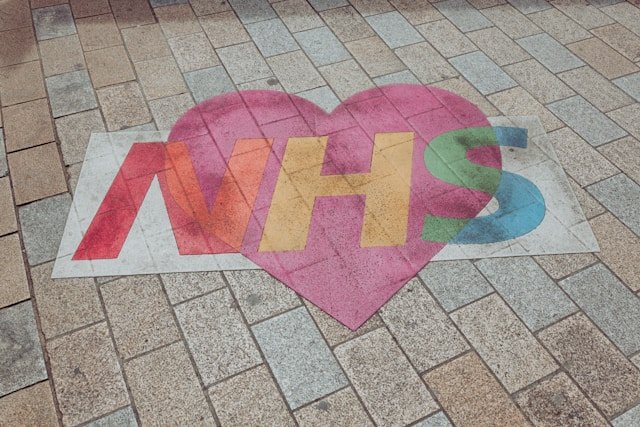New poll reveals public dissatisfaction with NHS hits a record high as wait times and staff shortages worsen
A shocking new poll has revealed an alarming collapse in public satisfaction with the NHS, with nearly two-thirds of people across England, Scotland, and Wales voicing dissatisfaction with the state of the health service. According to the British Social Attitudes (BSA) survey, a staggering 59% of respondents expressed being “quite” or “very” dissatisfied with how the NHS is managed, marking the highest level of discontent since the survey began in 1983.
The survey highlights a series of factors fuelling this growing frustration, primarily concerning access to care, waiting times, and staffing shortages. In addition, a worrying one in ten people reported suffering harm due to NHS treatment or a lack of access to necessary care, with many experiencing severe repercussions as a result.
Despite the deep dissatisfaction, a majority of respondents still support the NHS’s founding principles. Many believe that additional funding and an increased workforce are essential to restore faith in the system. Calls for reform have grown louder as individuals and communities feel the strain of an overstretched healthcare service.
Embed from Getty ImagesHealth Secretary Wes Streeting responded by noting that the Government has made efforts to stabilise the NHS, referring to a recent £26 billion investment. Streeting pointed to falling waiting lists, an end to NHS strikes, and the delivery of two million extra appointments early as signs of progress. However, critics argue that these figures merely serve as a temporary fix, failing to address the underlying structural issues that have long plagued the NHS.
This growing dissatisfaction has prompted many to question whether the NHS is in crisis. While the Government remains optimistic, the public’s experience with long delays and treatment failures has left many wondering if the health service is still meeting its core mission.
With NHS staff stretched thin and resources in short supply, the conversation has shifted towards what needs to be done to ensure the future of the service. Should the Government continue pouring more funds into the system, or does the NHS require deeper, more radical reforms to ensure it remains sustainable?
The BSA survey results serve as a wake-up call to policymakers, with critics urging the Government to prioritise urgent action before the situation worsens. As debates intensify, it’s clear that public patience is waning, and a solution to the NHS’s mounting challenges must be found swiftly.
